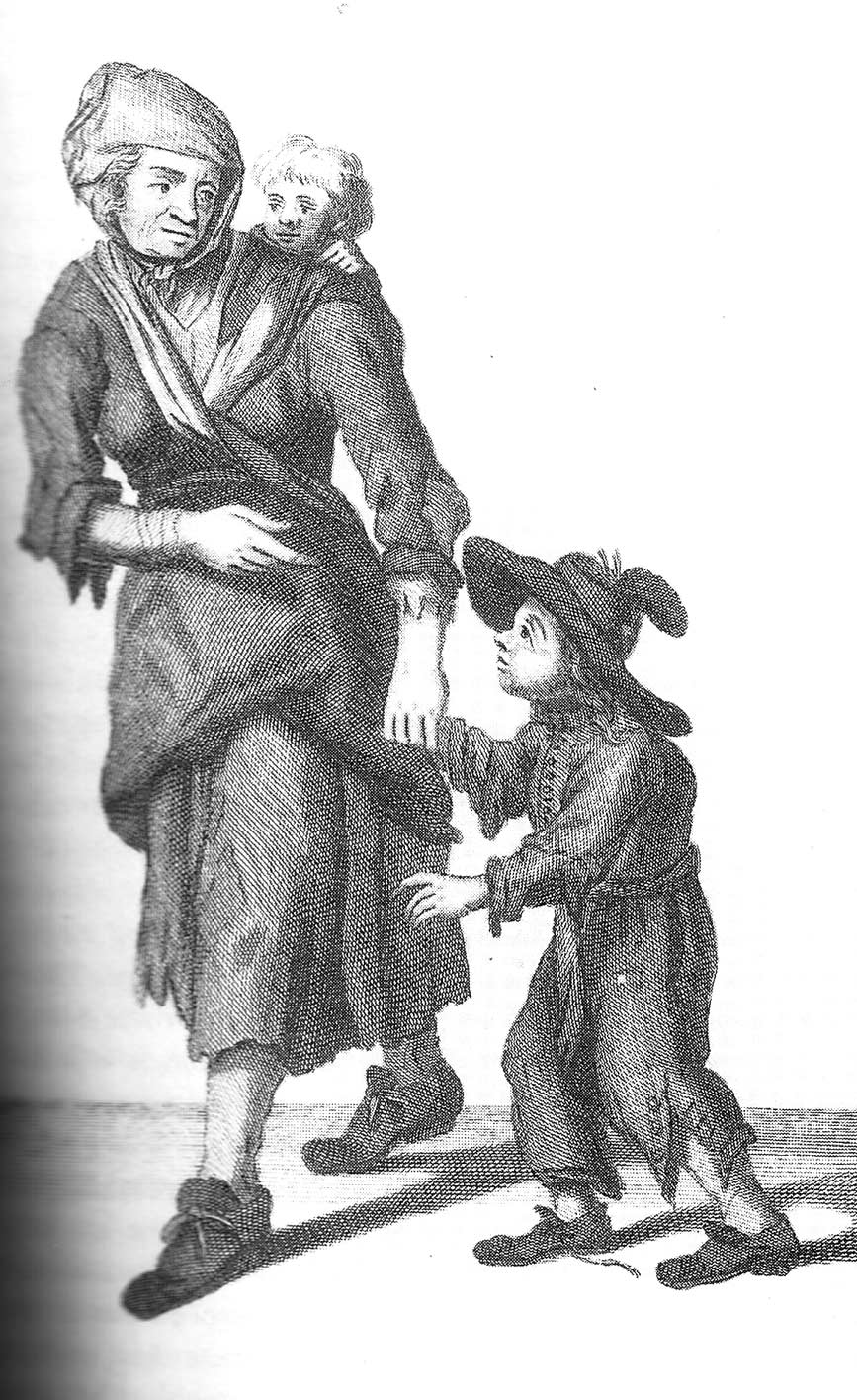The power of your love silences your fears, and you propose to your love. You do not regret your choice. It turns out that your beloved is actually the daughter of a very wealthy merchant, and she kept this fact hidden from you because she feared you might only love her for her money had you known. Now that your love has proved true, she tells you everything, including the sizable portion her father will give you upon your wedding day.
In the eighteenth century, marriage is often as much an economic decision as an emotional one, especially for the wealthier classes. The family of an eligible woman provides a dowry or "portion" of a chosen worth, and this portion becomes the husband's property upon completion of the marriage. These portions can be quite large, and thus the unwed daughters of wealthy noblemen are attractive propositions for aristocratic young men looking to increase their fortunes. For example, the average value of portions among a sample of peers from 1675-1729 was �9,350.19

Scenes of Married Life. Witt Library, Courtaul Institute, London5
A woman receives her social rank from her husband, so she could not marry
into a lower rank, whereas a man's social rank is preserved through marriage,
so he can marry down if he desires to do so. The result is that the size
of portions often increases, as daughters without adequate portions have
more difficulty securing socially acceptable men to wed.20
Estates and titles are passed down through the male line, and thus daughters cannot expect to gain independent wealth after the death of their parents. At times, however, a nobleman might not have a direct male heir, and the estate will pass into the hands of a distant relative for whom he did not care much. In these cases the nobleman can demand that his heir provides his daughters with a guaranteed portion. Sometimes these portions will be so much that the heir will actually have to enter debt to provide them, and he might even have to sell off parts or all of the estate to remain solvent.21
